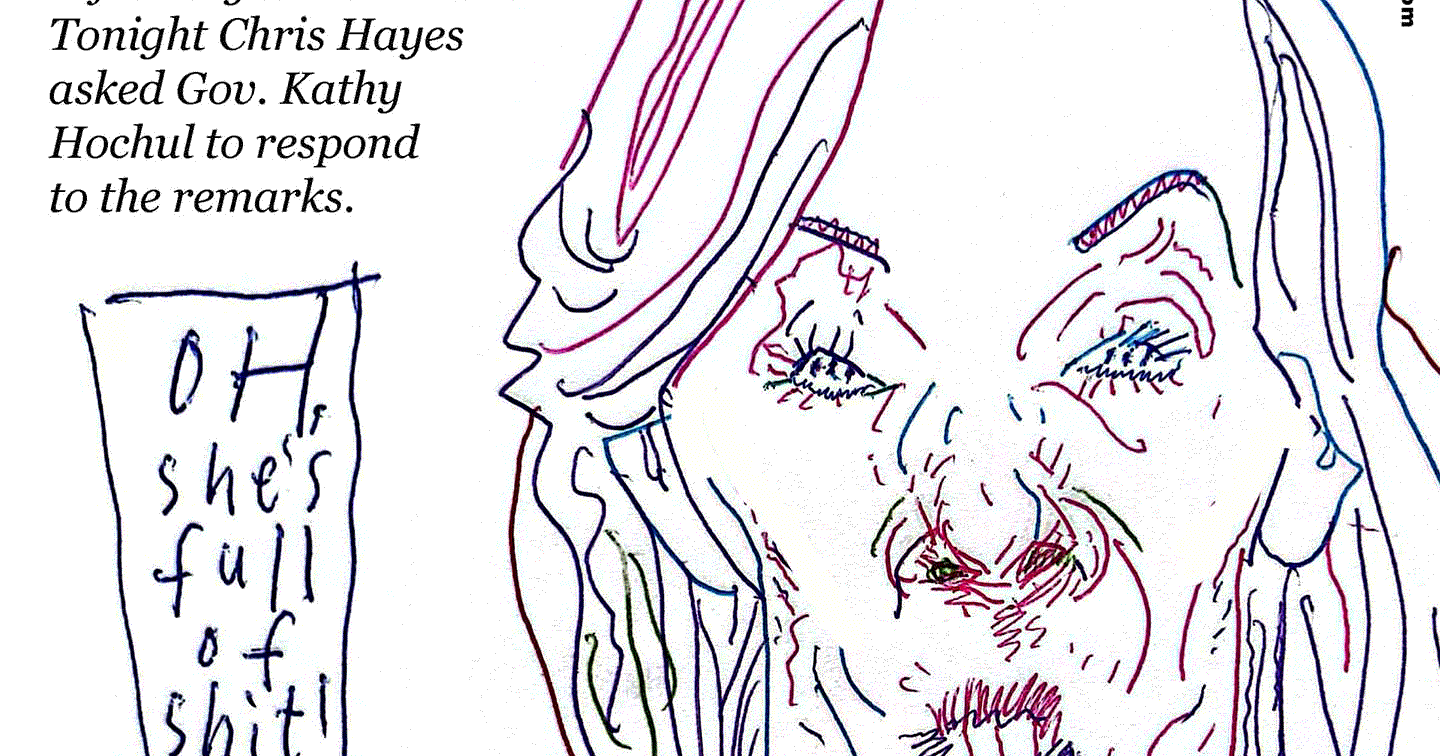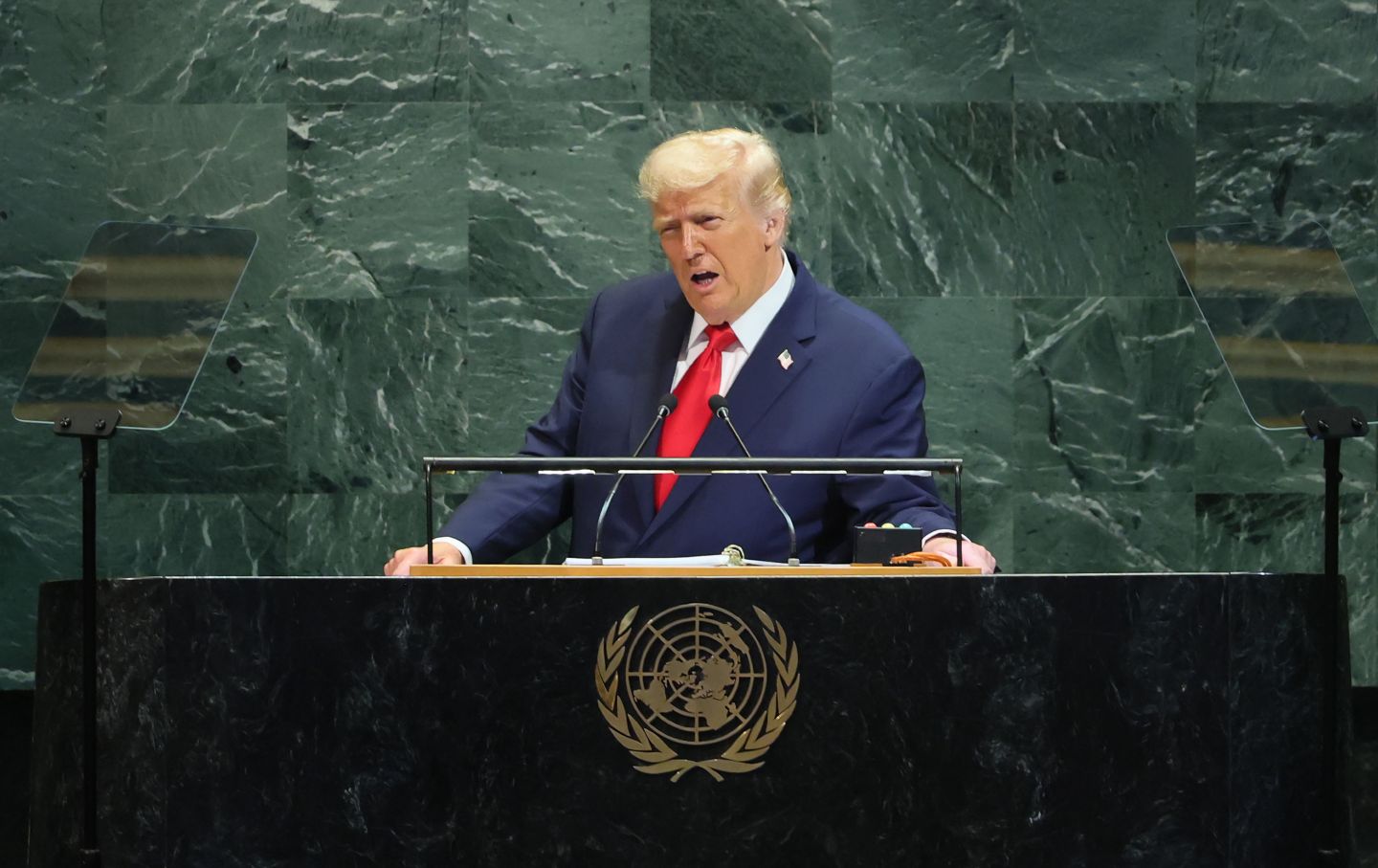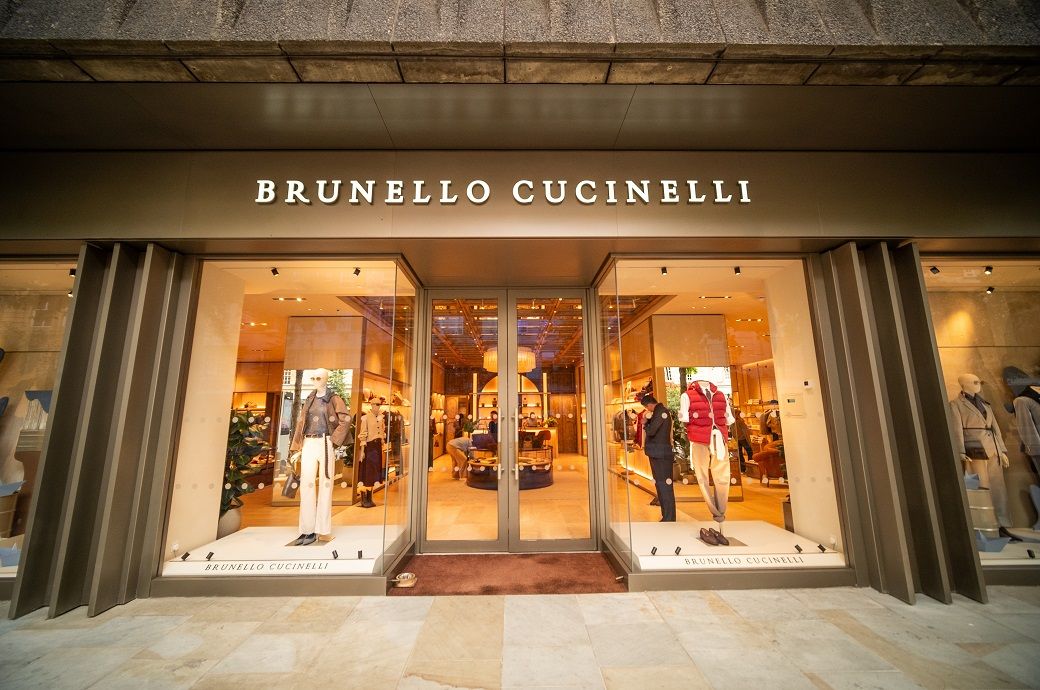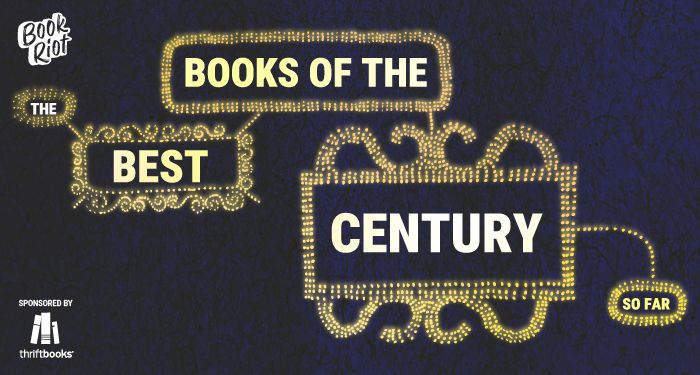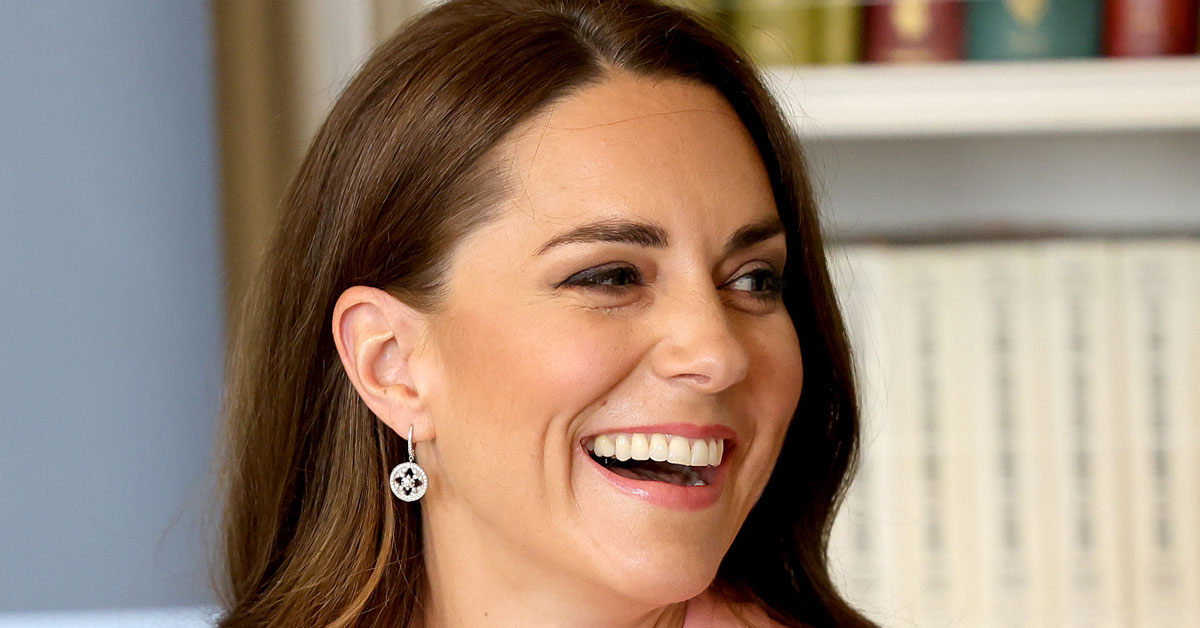[ad_1]
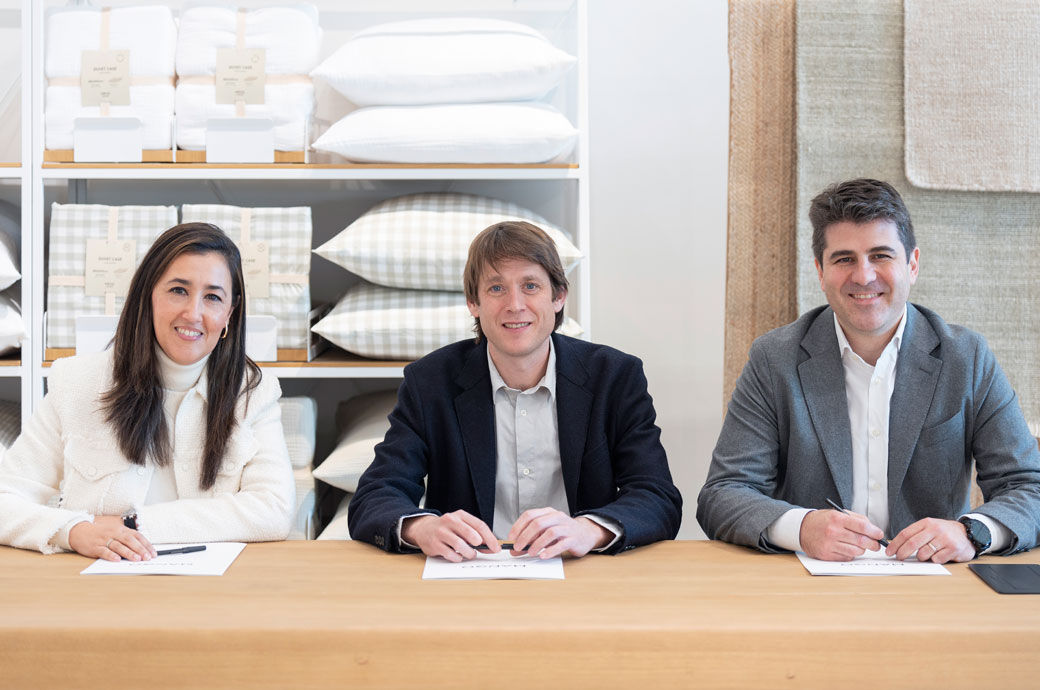
Through the agreement, Mango and the CSDMM-UPM will develop a training programme which will run throughout 2024. The aim is to train designers and buyers of all Mango lines, as well as members of the Quality team, in areas such as recycling processes, the latest developments in more sustainable materials and fibres, certifications and labelling, and the application of circularity criteria in the design of collections.
Mango collaborates with Madrid’s CSDMM-UPM to train over 250 employees in sustainability.
The program, aligned with Mango’s Sustainable Vision 2030 strategy, focuses on circular design, eco-friendly materials, and industry experts’ insights.
The partnership reflects Mango’s commitment to talent development, academic alliances, and a more sustainable business model.
The training sessions, which will include speeches, informal talks and round tables and will encourage debate among those present, will count on the participation of renowned experts from the sector and course professors of the CSDMM-UPM, including the expert in sustainable development and supply chains, and consultant on sustainable transformation for multinationals and small and medium-sized companies, Luis Barros Presedo; the Doctor in contemporary art and cultural director specialising in fashion and eco-design, Román Padín; the professor and consultant, and expert in the social and environmental impact of the fashion sector, and founder of the Slow Fashion Next training platform, Gemma Gómez; the professor associated to the IE School, and specialist in digital transformation, corporate communication and management, Javier Plazas; the expert in the fashion sector in areas such as purchasing, production and business development, Tania Rodríguez-Pomar; and the assistant director and professor of the CSDMM-UPM, Mercedes Rodríguez.
The agreement, formalised on 12 January by Andrés Fernández, Mango’s Director of Sustainability and Sourcing; Leila Rettali, Mango’s Global Director of Talent and Organisational Development; and Guillermo García-Badell, the Director of the Centro Superior de Diseño de Moda de Madrid (CSDMM-UPM) of the Universidad Politécnica de Madrid; and signed by Guillermo Cisneros Pérez, the Dean of the Universidad Politécnica de Madrid and Chairman of the Patronato de la Fundación para la Promoción del Diseño en la Comunidad de Madrid (FUNDISMA), the managing body of the CSDMM-UPM, is part of Mango’s commitment to build relationships and alliances with academia, its strategy to attract and retain talent and its sustainability roadmap.
According to Andrés Fernández, Mango’s sustainability and sourcing director: “For us, it is an honour to establish an alliance with the Centro Superior de Diseño de Moda de Madrid, a leading institution in the fashion industry with an extensive knowledge of sustainability. I am convinced that with their expertise we will advance towards a more sustainable collection, reduce our impact on the planet and improve our impact on society”.
For Guillermo Cisneros, the dean of the UPM, “one of the goals of our university is to improve society through the generation and transfer of knowledge and the training of future professionals. To achieve this, we promote alliances with engineering, architecture, sport and fashion institutions and enterprises, and in this specific case, with Mango”. Cisneros also highlighted the importance of this alliance, given that it is “an excellent opportunity to continue to work closely with industry and lead social change from a sector such as fashion, which is so important for our country”.
“This programme is step further for the CSDMM-UPM, after more than 35 years of educating in the university the professionals of a strategic and cutting-edge sector in our country. Sustainability is now a requirement of the sector. We work with the major groups in the sector and the fact that Mango is now counting on our experience to face this challenge motivates us to maintain our commitment to innovation and research” adds Guillermo García-Badell, Director of the Centro Superior de Diseño de Moda de Madrid (CSDMM-UPM).
For Leila Rettali, Mango’s global director of talent and organisational development: “training our teams is part of our strategy to attract and retain talent at Mango. In 2023, our company was recognised by Forbes as one of the best employers in the world for having an attractive and differentiated value proposition, which we want to continue to promote, based on our company values, training and development, remuneration and benefits for our employees”.
An alliance with three aims
The collaboration between Mango and the CSDMM-UPM has three aims. Firstly, to establish relationships and alliances with the academic world through leading institutions involved in improving education and knowledge generation. Secondly, to strengthen the differentiated value proposition of professional development and benefits for employees. And thirdly, to take a major step forward in its sustainability strategy towards a more sustainable business model.
The collaboration agreement with the Universidad Politécnica de Madrid is part of Mango’s commitment to the academic world. In addition to the alliance with the UPM, the company also has agreements with education and training organisations, as well as with some of the most important design universities in the world. The aim of these collaborations is to promote research and to develop the skills of students, by inculcating values and good practices in talent for their professional future.
In line with its commitment towards people, the training of its teams is part of the strategy to attract and retain talent at Mango. The company has an attractive and differentiated value proposition based on the company values, remuneration and benefits for its employees. In 2023, the close to 15,500 employees at Mango received almost 365,000 hours of training courses given by the company in order to train and promote its internal talent through development programmes.
Furthermore, the training programme is part of its sustainability strategy, Sustainable Vision 2030, which focuses on three key areas of action: Committed to the Product, Committed to the Planet and Committed to People. One of the aims of these strategic policies is to move towards an increasingly more sustainable product and collection, by prioritising materials with a lower environmental impact and incorporating circular design criteria, and to reduce its impact on the planet and work towards the full transparency and traceability of its supply chain.
For its part, the Centro Superior de Diseño de Moda de Madrid (CSDMM), recipient of the Spanish National Fashion Award, and the Universidad Politécnica de Madrid (UPM) have continually adapted their education courses since 1986. The CSDMM and the UPM are pioneers in considering fashion a university discipline, by incorporating the Official University Degree Course in Fashion Design, a University Master’s Degree Course in Technology and Innovation in Fashion Design, a UPM Doctorate Course with Fashion as a specific discipline, and a Double Degree Course in Fashion from the UPM and in Commerce from the UCM (Universidad Complutense de Madrid). The Centro Superior de Diseño de Moda de Madrid is ranked first as the best University in Spain to study fashion among all the Degrees in Design, according to the U-Ranking Report of the Fundación BBVA and the Instituto Valenciano de Investigaciones Económica.
The CSDMM-UPM also has a vocation for research and knowledge transfer, with a clear focus on innovation and sustainability, areas on which the CSDMM has agreements with major groups within the sector. What is more, since the outset, the CSDMM and the UPM have been committed to having leading national and international fashion designers as lecturers on its course, where they explain design techniques and the reality of the industry.
Note: The content of this press release has not been edited by Fibre2Fashion staff.
Fibre2Fashion News Desk (RM)
[ad_2]
Original Source Link








